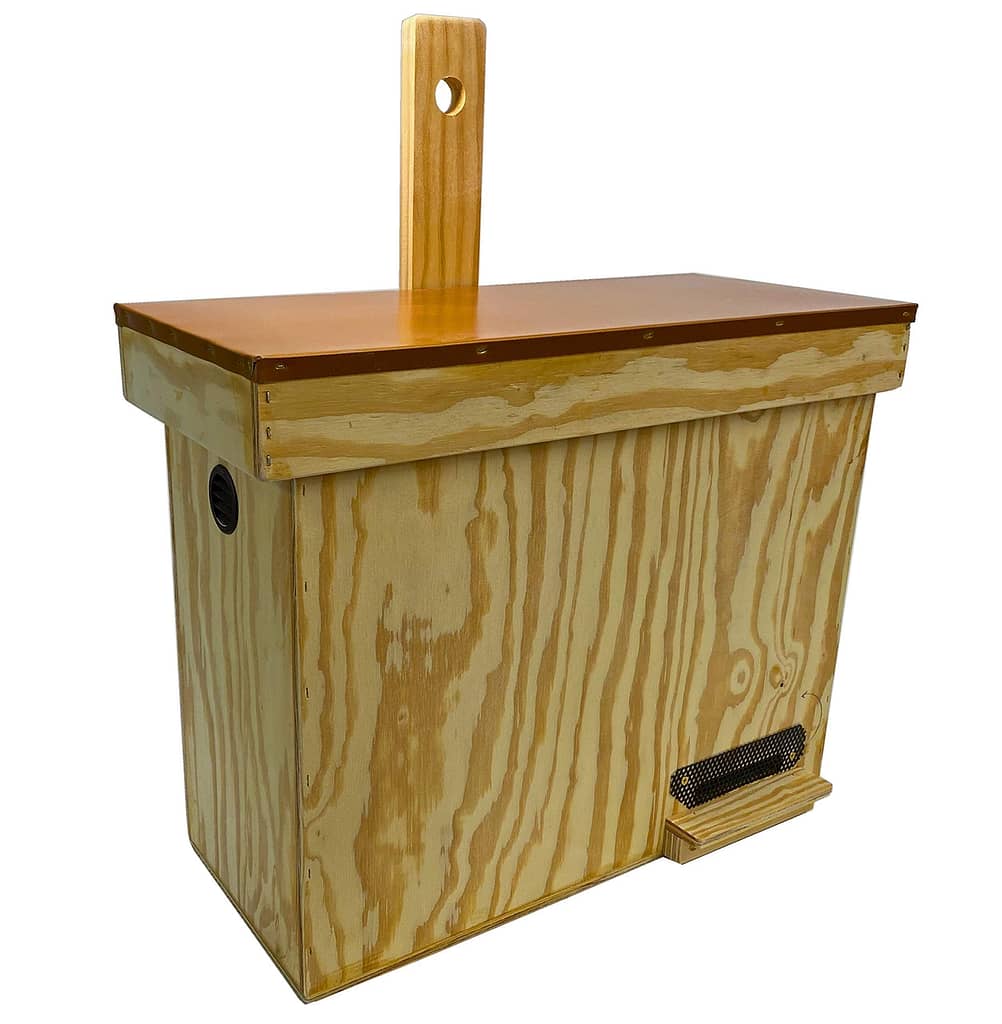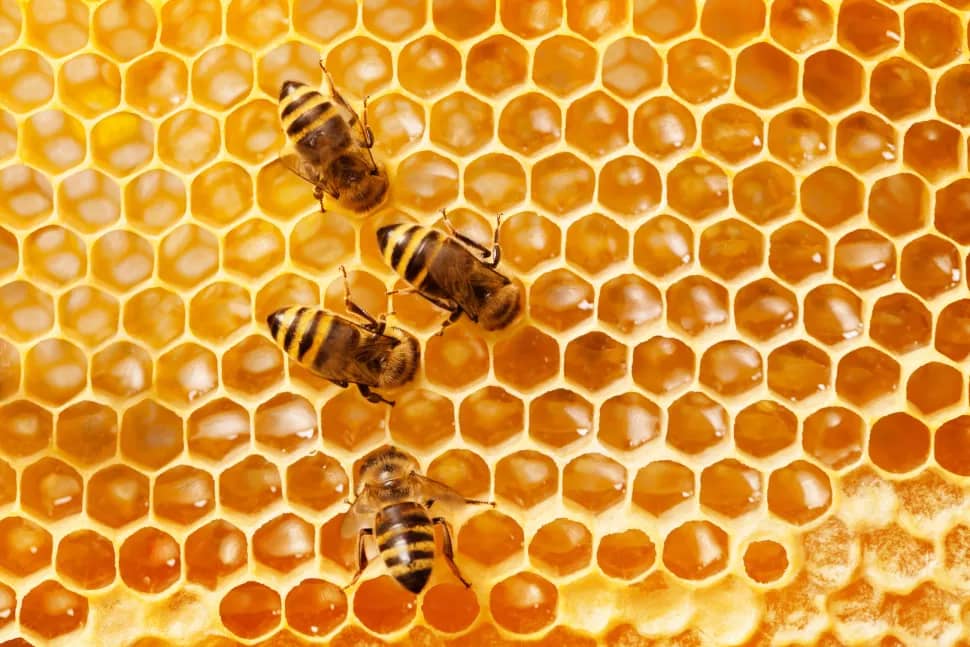Here’s the Problem
Honeybees play a crucial role in maintaining the balance of our ecosystem. They pollinate over 100 different crops, contributing to one-third of the food we eat. Unfortunately, their populations have been declining rapidly in recent years, leading to concerns about food security and the overall health of the environment.
Here’s a Piece of the Solution – Fill a Hive!
One of the ways to protect and conserve honeybee populations is by reporting honeybee swarms. A swarm is a cluster of honeybees that temporarily relocate from their colony in search of a new home. Reporting these swarms to the local authorities can help ensure that the bees are safely relocated to a more suitable location, instead of being killed or sprayed with pesticides.

Here are some reasons why reporting honeybee swarms is important:

- Protects the environment: By relocating honeybee swarms, we can help preserve the bee populations and their positive impact on the environment.
- Helps control the spread of diseases: Honeybee swarms can carry diseases that can spread to other colonies, causing harm to the entire bee population. Reporting swarms can help prevent the spread of diseases.
- Supports sustainable agriculture: Bees are essential for sustainable agriculture and the production of healthy food. Reporting swarms helps to protect this important species and the role they play in maintaining a healthy food system.
If you spot a honeybee swarm, here’s what you can do:
- Don’t panic: Honeybees are generally not aggressive when swarming and are unlikely to sting unless provoked.
- Keep a safe distance: Keep a safe distance from the swarm and avoid disturbing them.
- Report the swarm: For swarms in North Carolina you can leave a comment or call +1 252-497-2892 or email [email protected] and request for its safe relocation.
In conclusion, reporting honeybee swarms is a simple yet effective way to contribute to the preservation and conservation of this important species. So, if you come across a swarm, don’t hesitate to report it and help protect the environment and our food system.


